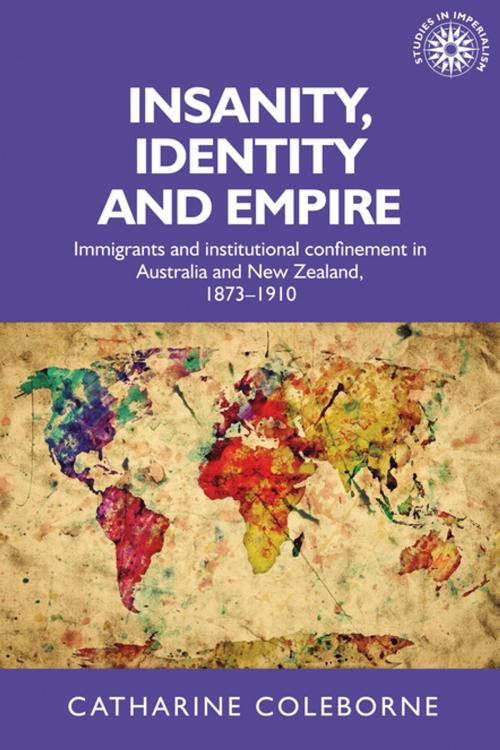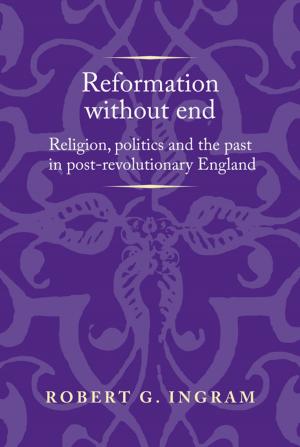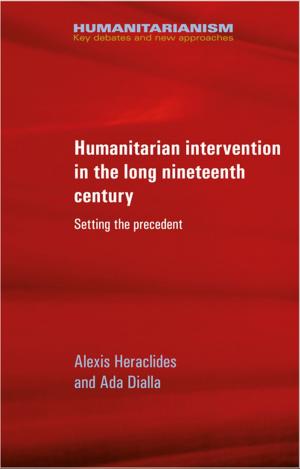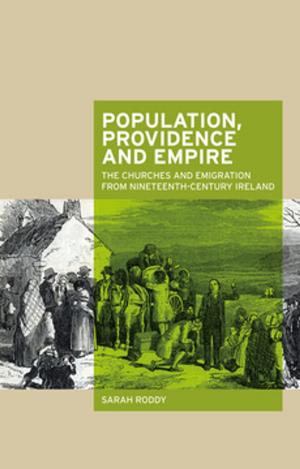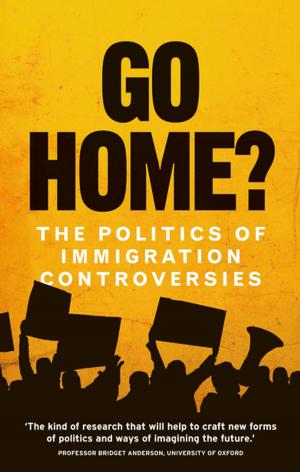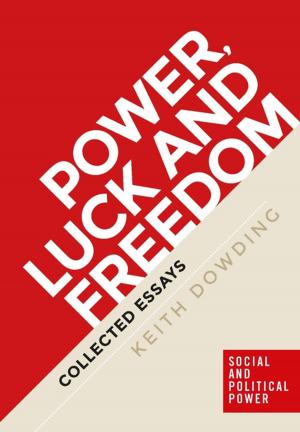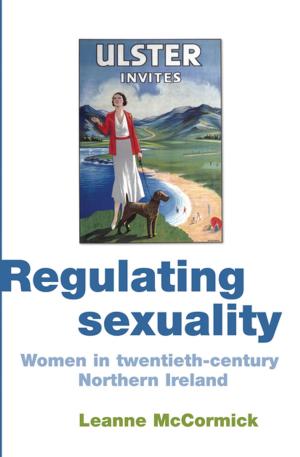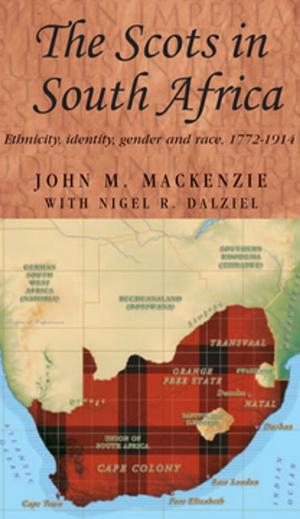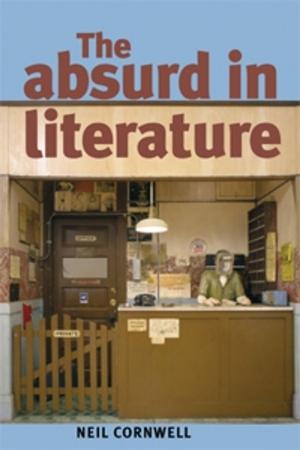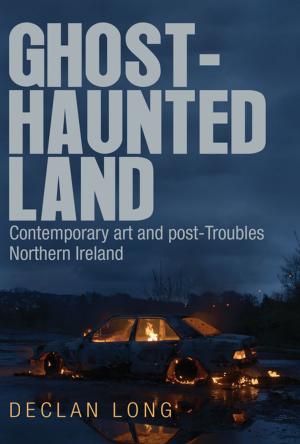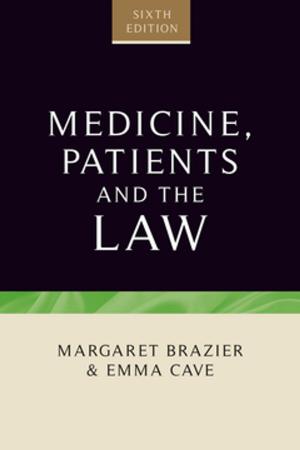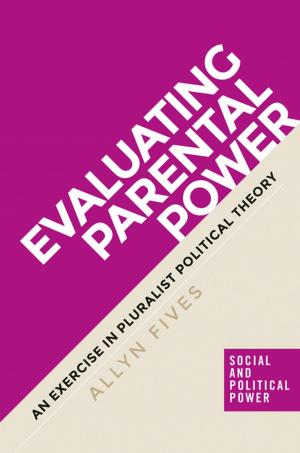Insanity, identity and empire
Immigrants and institutional confinement in Australia and New Zealand, 1873–1910
Nonfiction, Health & Well Being, Medical, Reference, History, British| Author: | Catharine Coleborne | ISBN: | 9781784996093 |
| Publisher: | Manchester University Press | Publication: | October 1, 2015 |
| Imprint: | Manchester University Press | Language: | English |
| Author: | Catharine Coleborne |
| ISBN: | 9781784996093 |
| Publisher: | Manchester University Press |
| Publication: | October 1, 2015 |
| Imprint: | Manchester University Press |
| Language: | English |
This book examines the formation of colonial social identities inside the institutions for the insane in Australia and New Zealand. Taking a large sample of patient records, it pays particular attention to gender, ethnicity and class as categories of analysis, reminding us of the varied journeys of immigrants to the colonies and of how and where they stopped, for different reasons, inside the social institutions of the period. It is about their stories of mobility, how these were told and produced inside institutions for the insane, and how, in the telling, colonial identities were asserted and formed. Having engaged with the structural imperatives of empire and with the varied imperial meanings of gender, sexuality and medicine, historians have considered the movements of travellers, migrants, military bodies and medical personnel, and ‘transnational lives’. This book examines an empire-wide discourse of ‘madness’ as part of this inquiry.
This book examines the formation of colonial social identities inside the institutions for the insane in Australia and New Zealand. Taking a large sample of patient records, it pays particular attention to gender, ethnicity and class as categories of analysis, reminding us of the varied journeys of immigrants to the colonies and of how and where they stopped, for different reasons, inside the social institutions of the period. It is about their stories of mobility, how these were told and produced inside institutions for the insane, and how, in the telling, colonial identities were asserted and formed. Having engaged with the structural imperatives of empire and with the varied imperial meanings of gender, sexuality and medicine, historians have considered the movements of travellers, migrants, military bodies and medical personnel, and ‘transnational lives’. This book examines an empire-wide discourse of ‘madness’ as part of this inquiry.
